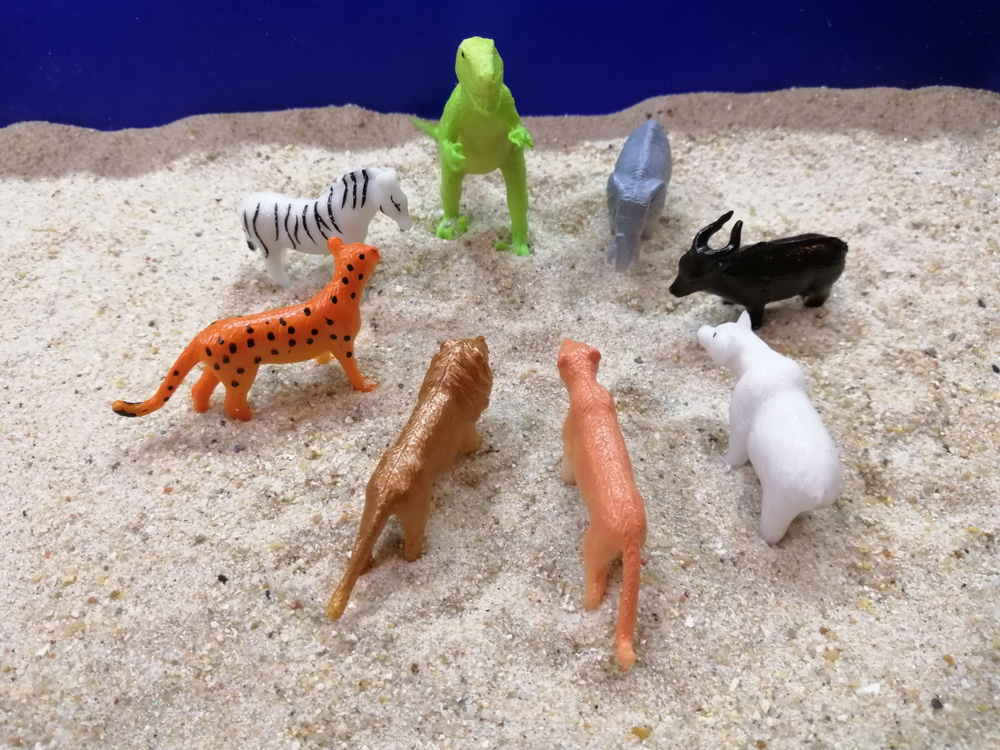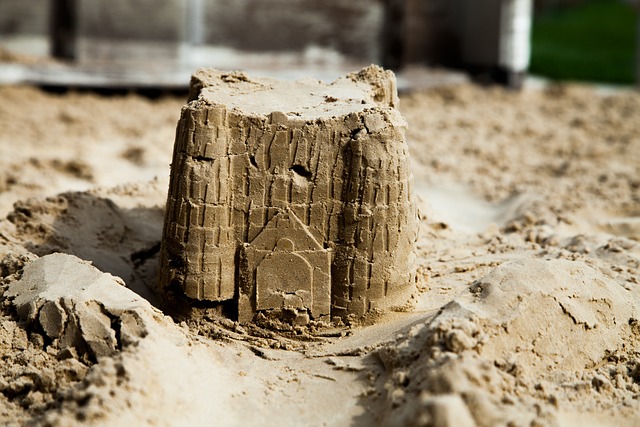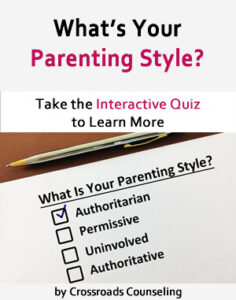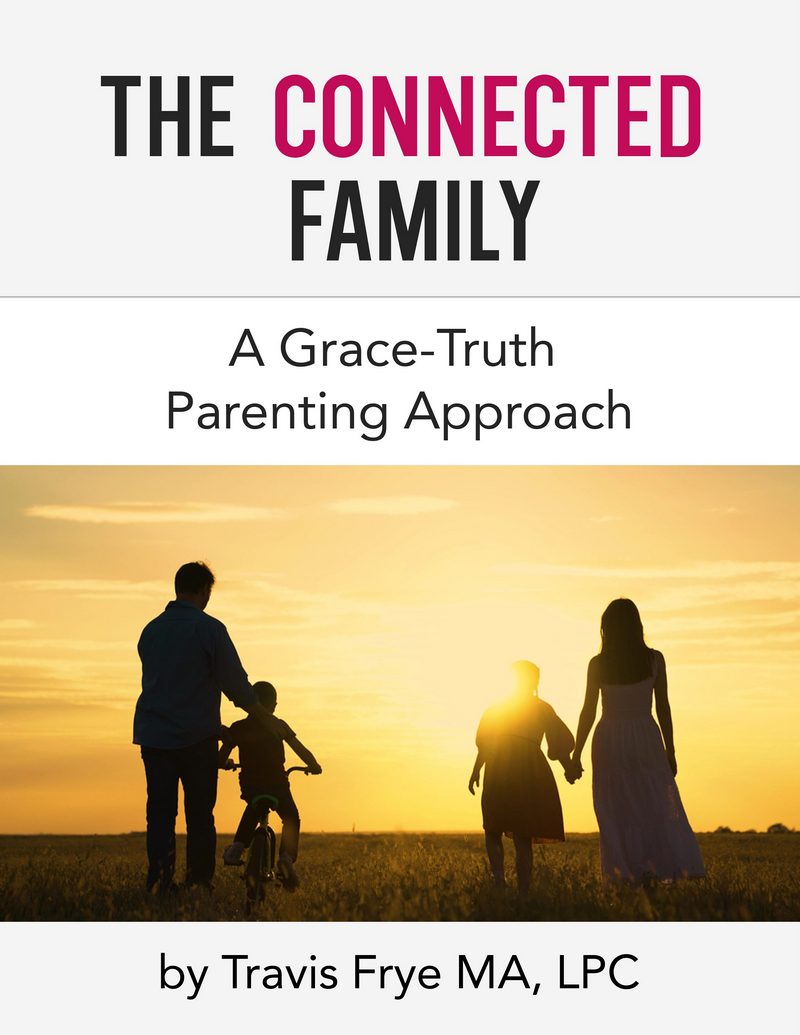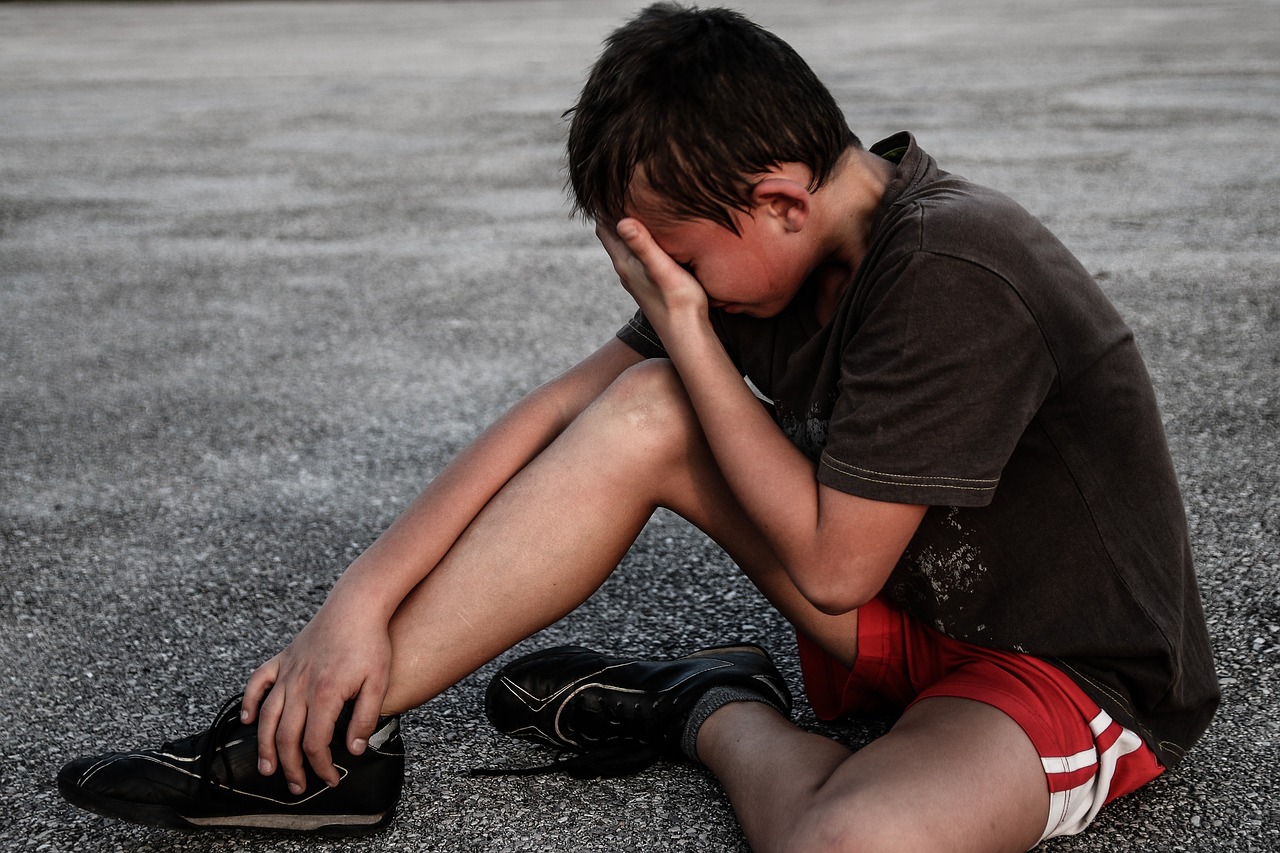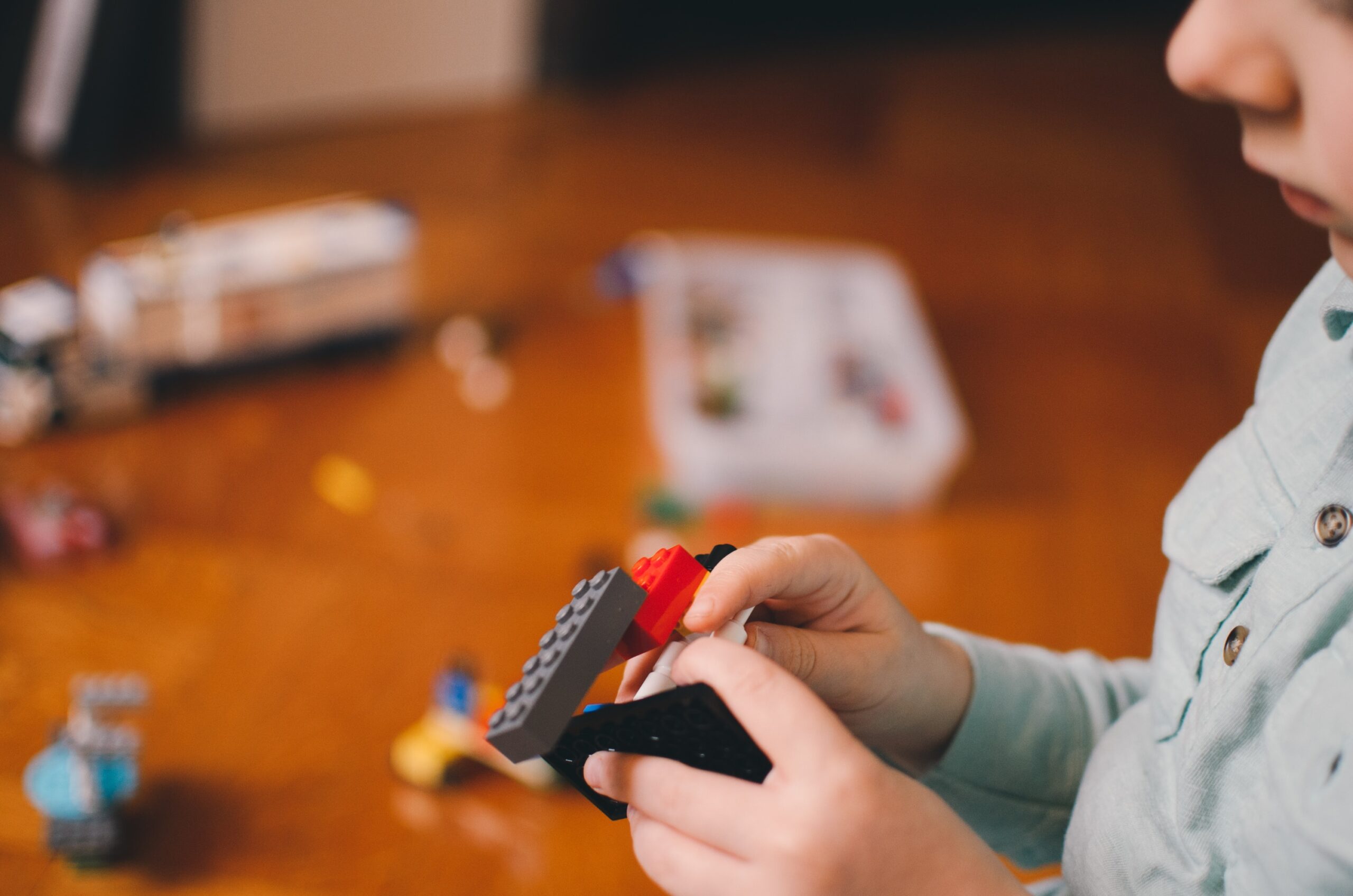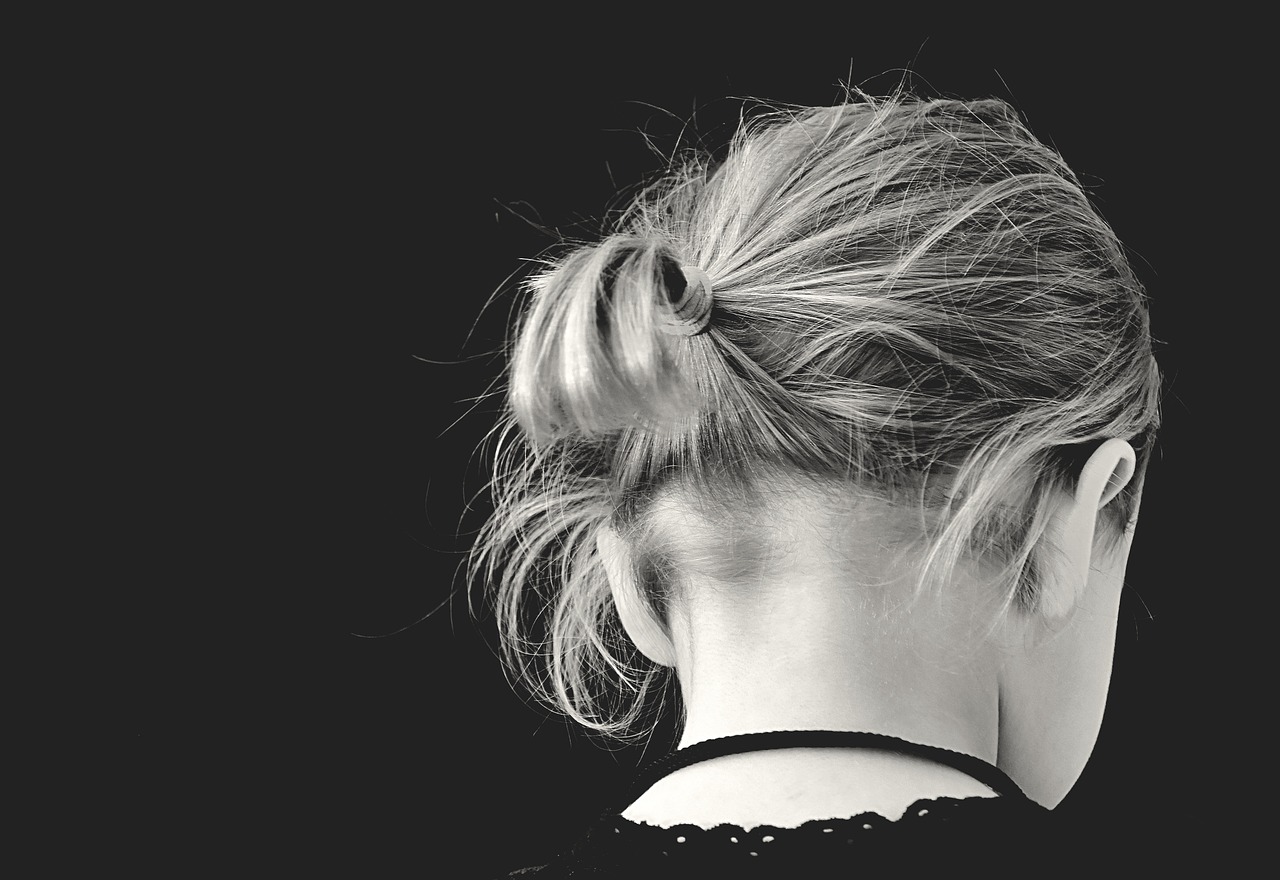Have you ever watched your little one play in the sand at the beach, or in a sandbox? You’ve likely even enjoyed it yourself, running your fingers through the soft, warm granules and finding a sense of comfort. There’s a reason sandy spots are so relaxing.
So, it makes sense why sand tray therapy is so effective for kids, teens, and even adults.
If you’ve never heard of sand tray therapy, you’re not alone. However, it’s proven to be an effective technique for people (especially children) who might be dealing with depression, anxiety, grief, or ADHD. It’s even been shown to help kids who might be struggling with self-esteem issues or those with learning disabilities.
Let’s take a closer look at sand tray therapy and whether it’s the right solution for the child or teen in your life.
What to Expect from Sand Tray Therapy
There are several different techniques that can be utilized in sand therapy. One of the most common is “free” sand play, which is especially effective for young children.
The child approaches the sand tray that already includes different toys and opportunities to create. They use those items to create their own world, and eventually open up. Older children can benefit from a similar technique, though they might be asked specific questions as they play, or they might be given prompts.
Much like play therapy, the idea is that children can express themselves and what they’re feeling through a familiar, comforting outlet. It’s especially effective for young kids who might not fully be able to process or understand their feelings, let alone know how to express them.
What Are the Benefits of Sand Therapy?
The biggest benefit of sand therapy, especially for kids, is that it allows for expression without words. Again, children might not always know how to process what they’re feeling or put those feelings into words. Sand therapy allows them to play naturally, so a therapist can observe what might be going on internally.
Some of the benefits children can experience from sand therapy include:
- Reduced anxiety
- Boosted self-esteem
- Increased resilience
- Anger management
- Reduced stress
You don’t necessarily have to wait until you see a major problem for your child to benefit from sand therapy. Sometimes, it can be used as something as simple as bringing your child out of their shell and helping them to feel confident in their thoughts and actions.
The great thing about this type of therapy is that it can be done as a standalone option or with other types of mental health treatment. It can also be done individually or as a family.
Will Your Child Benefit?
If you’re wondering whether sand tray therapy is right for your child, there are a few things to take into consideration. First, think about their age. This type of therapy can work for anyone—including adults.
However, if your child is very young and might otherwise have a hard time expressing themselves, it can be very effective.
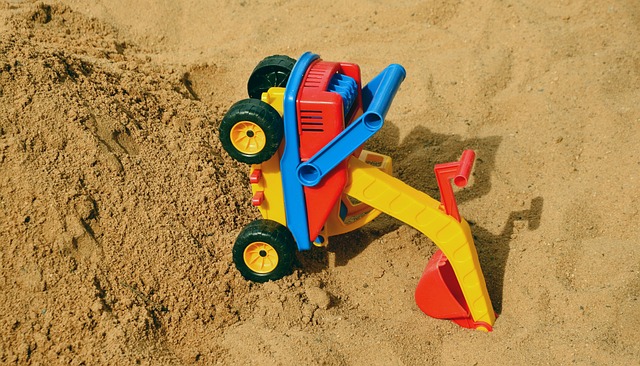
Expression without words is more powerful than most people realize. If you’re concerned about your child, teenager, or even another adult in your life, consider sand therapy as an option. You can even take advantage of it yourself by joining in family therapy. You might be surprised by what you learn about your child—and perhaps yourself.
Begin Sand Tray Therapy in Phoenix and Scottsdale Arizona
Finding the best way to help your child with their emotions and behaviors is much easier said than done. Our team of child therapists can help you in communicating in an effective way with your child. We offer support from our Phoenix and Scottsdale offices and across the state online. To start your therapy journey, please follow these simple steps:
- Contact Crossroads Counseling
- Meet with a child therapist
- Start addressing tough emotions with your child
Contact us by calling 623-680-3486, texting 623-688-5115, or emailing info@crossroadsfcc.com and ask to speak with one of our child counselors. You can ask all the questions you have to see if Crossroads is the right fit for you.
